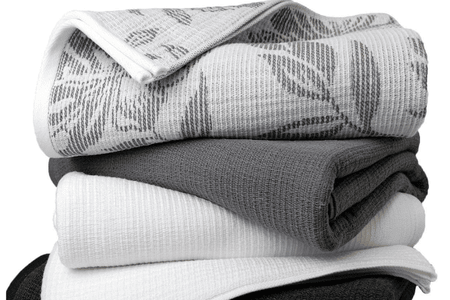
Researchers develop innovative textile wastewater solution
YarnsandFibers News Bureau 2024-01-26 16:16:02 – IndiaA team of faculty members at the National Institute of Technology, Warangal (NIT-W), has introduced an environmentally friendly hybrid wastewater treatment system specifically designed for the textile industry. While the textile sector provides livelihoods for many, the chemical effluents from these units impact the lives of nearby residents.
Prof Shirish Sonawane, Dr Murali Mohan Seepana, Dr Ajey Kumar Patel, and Malkapuram Surya Teja collaborated on this sustainable initiative, commencing their work in 2019. The team proposed a combination of coagulation, hydrodynamic cavitation (HC)-based oxidation system, and a ceramic membrane (CM)-based filtration process to minimize pollution levels.
The coagulation process removes effluent turbidity, and the subsequent HC process initiates the breakdown of complex organic compounds. Instead of using polymeric membranes that become solid waste after two years, the team opted for ceramic membranes, contributing to a more sustainable approach. The integrated system achieved an 80% reduction in organic pollutants, with the ceramic membranes enhancing filtration efficiency.
Facing challenges with stubborn textile pollutants, Surya Teja highlighted the need to remove turbidity in the initial phase. Additionally, the soluble nature of dyes posed a hurdle even after the advanced oxidation process.
NIT-W director Prof Bidyadhar Subudhi stressed the importance of higher education institutions producing sustainable innovations, emphasizing the significant challenge in aligning research outcomes with Sustainable Development Goals.
Market Intelligence
Ask for free sample Report

experience
Customer Base
dedicated team
Countries Served Worldwide









